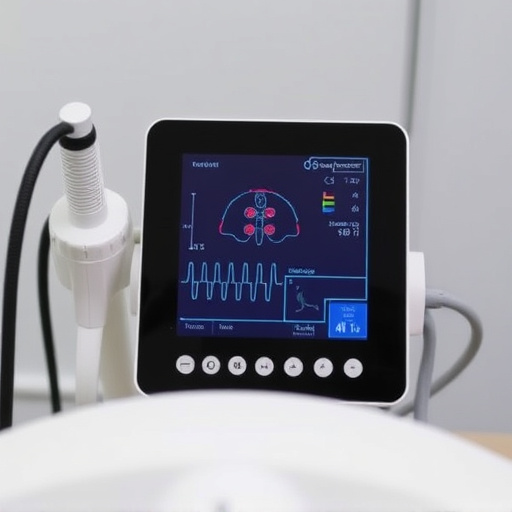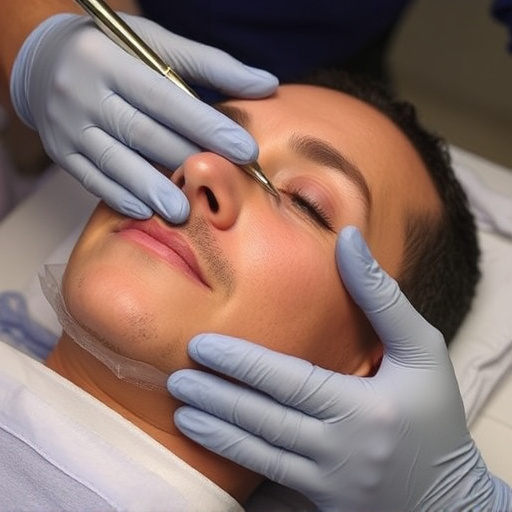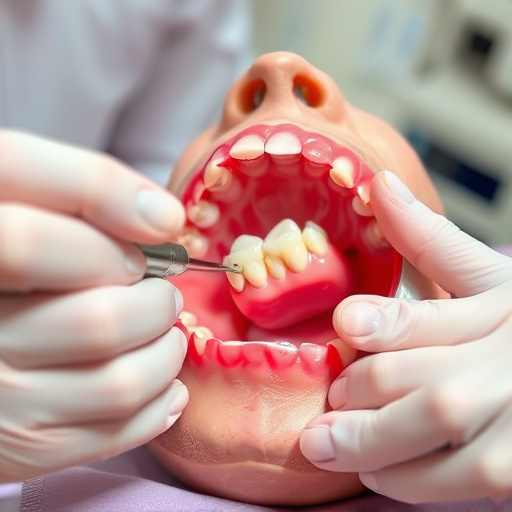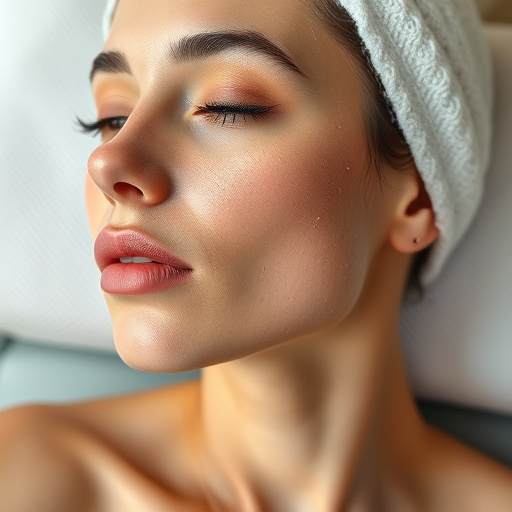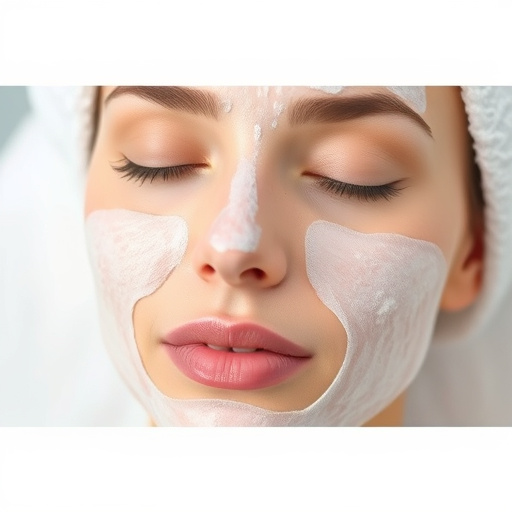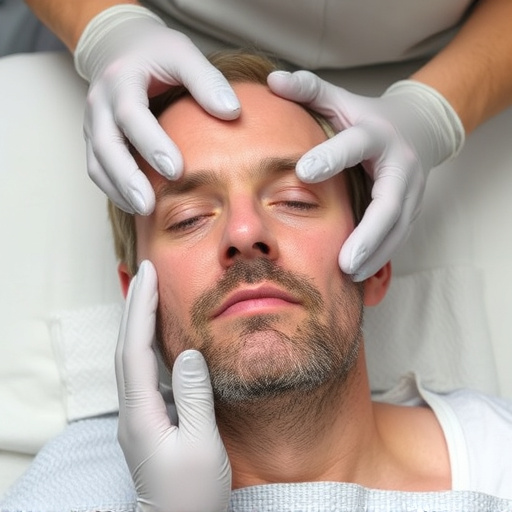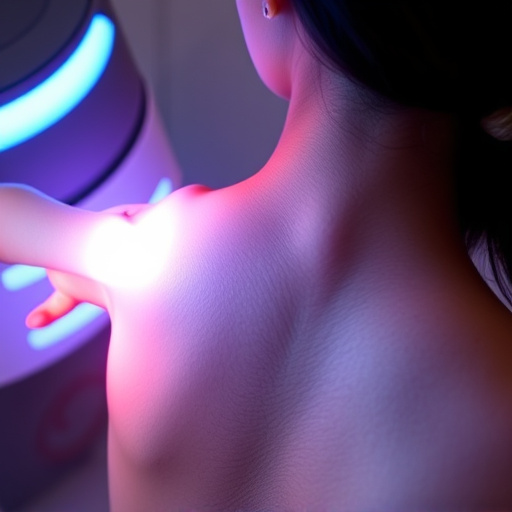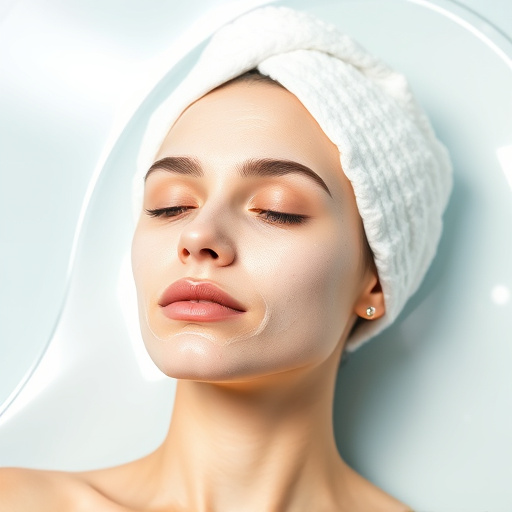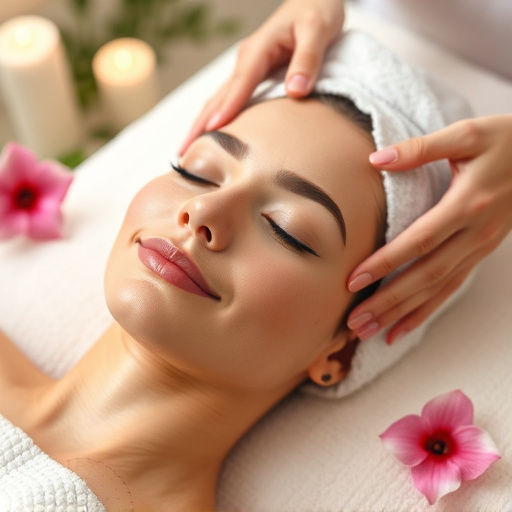Back acne, caused by various factors, presents with different types and can lead to scarring. Proper diagnosis is key for effective back acne treatment. Consult a dermatologist for specialized care, prevention advice, and personalized skincare routines. Mild cases respond to OTC creams, while severe instances require prescription medications or advanced techniques like laser therapy or mesotherapy.
Back acne, despite its name, is not just a teenage issue. It can affect individuals of all ages and has various causes, including hormonal changes, bacteria, and friction. This article explores when it’s time to seek medical help for effective back acne treatment. We’ll delve into the different types of back acne, signs that indicate the need for a dermatologist’s consultation, and available treatment options. Understanding these aspects is crucial in managing and treating back acne effectively.
- Understanding Back Acne: Causes and Types
- When to Consult a Dermatologist
- Effective Treatment Options for Back Acne
Understanding Back Acne: Causes and Types
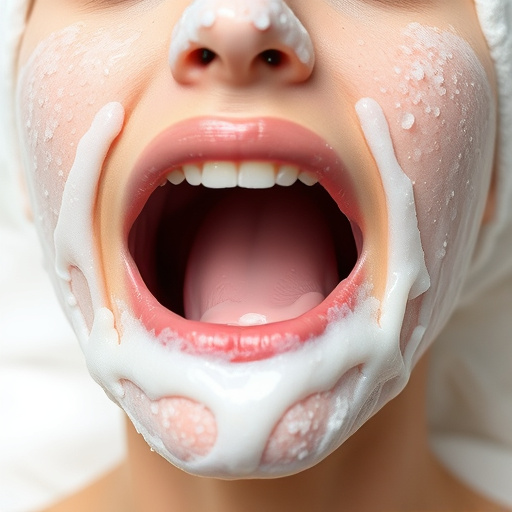
Back acne, also known as backacne or pilonidal cysts, is a common skin condition that affects individuals of all ages. Unlike facial acne, which has been well-studied and treated for years, back acne often goes overlooked. Understanding its causes and types is crucial in determining when to seek professional help for effective back acne treatment.
This condition arises from various factors, including excessive oil production, hair follicles trapped beneath the skin, bacteria, and inflammation. It can manifest as whiteheads, blackheads, papules, or nodules, with some severe cases developing into painful cysts. Different types include superficial back acne, characterized by red or white bumps, and deeper forms like nodular or cystic acne, which may leave scars. Recognizing these variations is essential in choosing the right medical spa services and personalized skincare routines for optimal aesthetic treatments.
When to Consult a Dermatologist
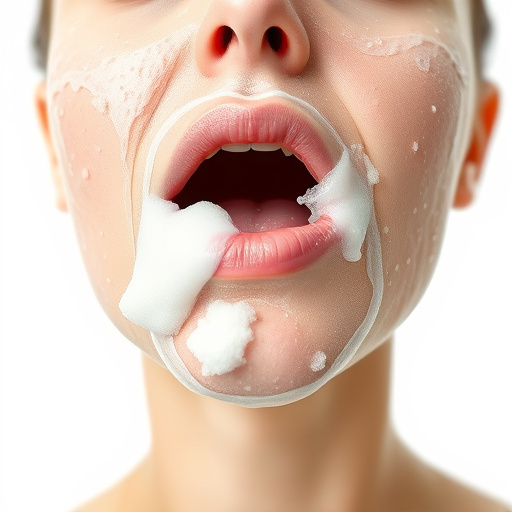
If your back acne is severe, persistent, or doesn’t respond to over-the-counter treatments, it’s time to consult a dermatologist. They are medical doctors specialized in skin conditions and can offer a range of effective treatments for back acne, from topical medications to non-surgical procedures like laser therapy. While some people may hesitate to seek professional help due to embarrassment, early intervention is key to preventing scarring and achieving clear, healthy skin.
In addition to addressing active breakouts, dermatologists can provide valuable insights into preventing future episodes of back acne. They might recommend specific hygiene practices, suggest suitable skincare products, or discuss lifestyle changes, including exercise routines and diet adjustments. Moreover, for individuals concerned about the potential impact of back acne on their self-esteem, consulting a dermatologist can open doors to non-surgical treatments, such as skin tightening procedures or anti-aging therapies, that can enhance overall skin appearance and confidence.
Effective Treatment Options for Back Acne
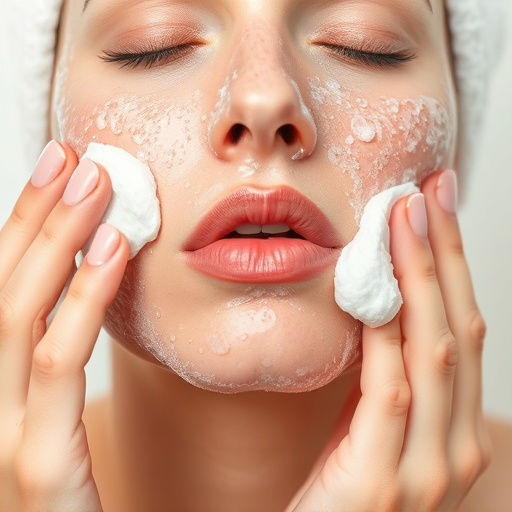
Acne on your back can be a significant concern, but numerous effective treatment options are available to address it. The first step is to consult a dermatologist who can recommend suitable treatments based on the severity and type of acne. For mild cases, over-the-counter topical creams containing ingredients like benzoyl peroxide or salicylic acid can help unclog pores and reduce inflammation. These medications gently exfoliate the skin, promoting healthier skin cell turnover and clearing up existing blemishes.
For more severe back acne, prescription medications such as retinoids or antibiotics may be required. Retinoids, derived from vitamin A, stimulate collagen production and accelerate skin cell turnover, leading to clearer skin. Antibiotics target bacterial infections within the pores, reducing inflammation and acne lesions. In some cases, body contouring techniques like mesotherapy or needle-free technology can also aid in treating back acne by improving blood circulation and lymph drainage, contributing to overall skin health and potential wrinkle reduction.
Back acne can significantly impact one’s quality of life, but understanding its causes and knowing when to seek professional help are essential steps towards effective treatment. If over-the-counter remedies prove ineffective or if your back acne is severe, it’s crucial to consult a dermatologist for personalized advice and advanced treatment options. Remember, prompt action can prevent scarring and promote clearer, healthier skin. For tailored guidance on back acne treatment, always consider reaching out to a medical professional.
